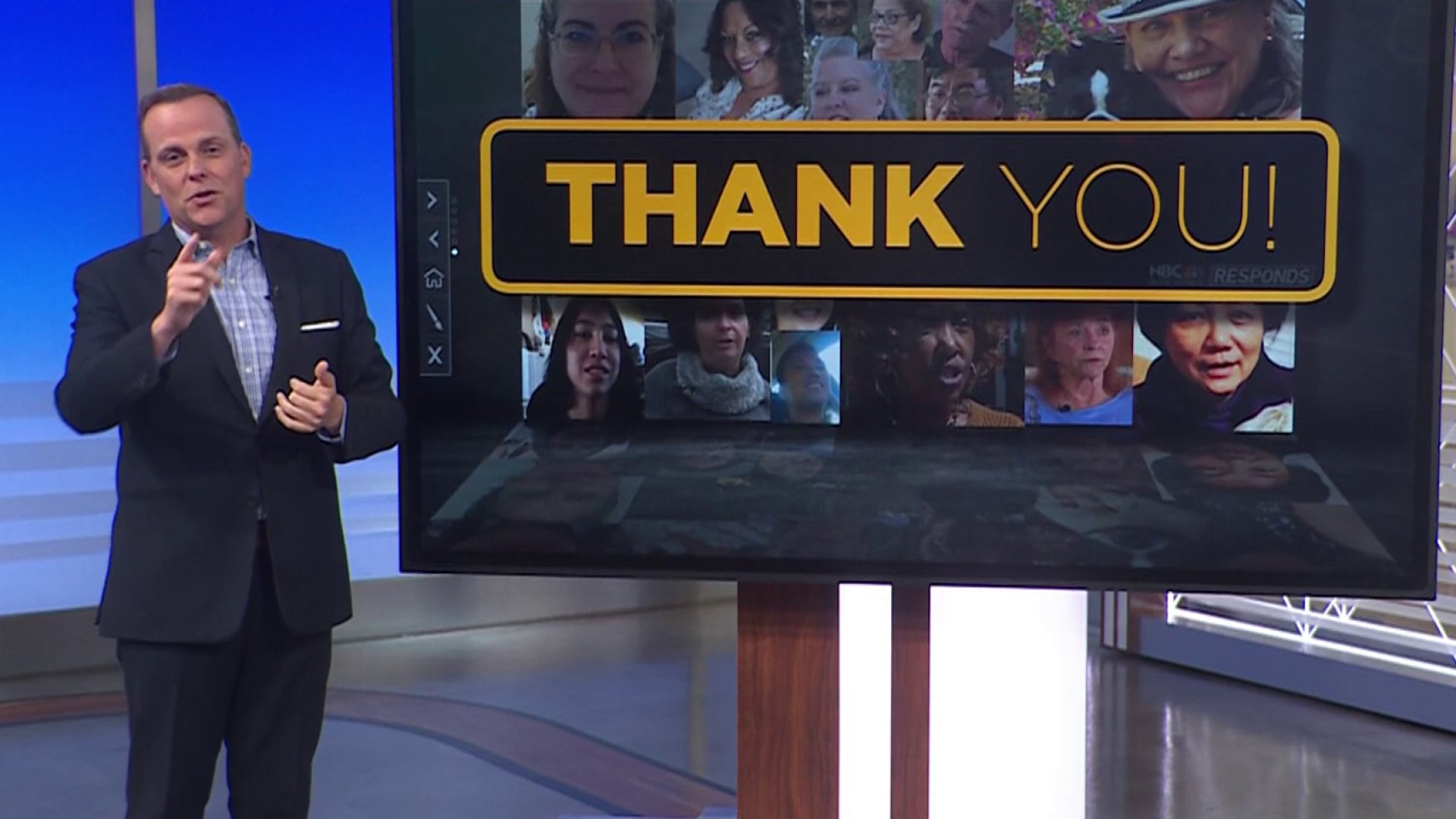Our phones keep ringing with unwanted robocalls. Washington said it was getting tough.
So, what happened? Will those calls ever stop?
Our NBC Bay Area Responds team has some yo-yo numbers to share. The feds are taking an unprecedented step to cut off robocalls. And we’ll share a California factoid that will help you hang up even faster on the most infamous robocallers.
When the phone rings
Get a weekly recap of the latest San Francisco Bay Area housing news. Sign up for NBC Bay Area’s Housing Deconstructed newsletter.
When spammers call and call and call, apps like Robokiller block them.
“For better or worse, business is booming. That’s not necessarily, I would say, a good thing for consumers,” said Patrick Falzon of Robokiller.
Falzon says blocking spam robocalls allows them to also track troubling trends.
“Last year, we believe U.S. consumers got around 75 billion spam calls,” Falzon said.
A month-by-month chart from Robokiller shows a robocall rollercoaster. Tall peaks and deep valleys repeat.
This past summer, robocalls dipped from a high of almost 8 billion a month. It turns out, the Federal Communications Commission took legal action targeting some companies that make bulk robocalls.
“We immediately saw a drop-off,” Falzon explained.
The FCC says its steps resulted in an “88% month-to-month drop in student loan scam robocalls,” plus a “99% drop in auto warranty scam robocalls.”
And yet, as Kevin Brasler of Consumers’ Checkbook noted, “our phones keep ringing.”
Brasler says the FCC is in a tough spot.
“It’s like Whack-A-Mole,” Brasler explained. “The crooks keep finding ways to circumvent the protections they put up.”
For example, Robokiller says robocalls shot back up to about 6 billion in March – just a few months after the FCC’s victory lap.
The FCC did not answer our questions for this story.
Its docket reveals the feds are now targeting a small communications company called One Eye, LLC and accusing it of a big role in making robocalls from overseas ring on your phone. The FCC just issued its “first ever” order to “block all [phone] traffic” from One Eye from connecting to your carrier.
We reached out to One Eye for comment but did not hear back.
Even if the FCC’s legal maneuver works, expectations are low for many.
“It’s generally just a matter of time until something pops up,” Falzon said.
Falzon’s yo-yo robocall data backs that up.
“They are far from decreasing and far from no longer being a problem for U.S. consumers,” Falzon said.
So, what can you do?
Consumers can install a robocall blocker – for a fee. Robokiller is just one of many.
“You can get a free 7-day trial to test it out, see if it makes a difference for you,” Falzon said.
Or, you can check with your phone carrier. See if it offers a free blocker like T-Mobile’s “Scam Shield.”
“It identifies if a call is most likely to be a scam, and it’s 99% accurate,” explained Steve Carlson with T-Mobile.
T-Mobile says it’s intercepting tons of spam calls.
“More than 40 billion spam calls on the T-Mobile network in 2022,” Carlson said.
If an unknown call gets through, Kevin Brasler recommends self-restraint.
“If you don’t recognize a number, don’t pick up,” Brasler said.
“If you do pick up, and it’s not somebody you know, and you’re certain it’s not somebody you know, just hang up,” he added.
Especially if it’s one of those extended warranty calls. Robokiller labeled car warranty robocalls “the most common phone scam in existence.”
The FCC says car warranty robocalls are the most complained about robocall.
Even if the FCC has, as it says, stopped 99% of extended warranty robocalls, the state has a warning about the other 1%.
“Under California law, that’s illegal,” said Michael Soller with the California Department of Insurance. “You cannot sell a vehicle service contract over the phone. You cannot sell it online.”
Soller says a new state law can help you get your money back if you fell for the robocall.
You can file an official complaint with the state by calling 1-800-927-4357.



